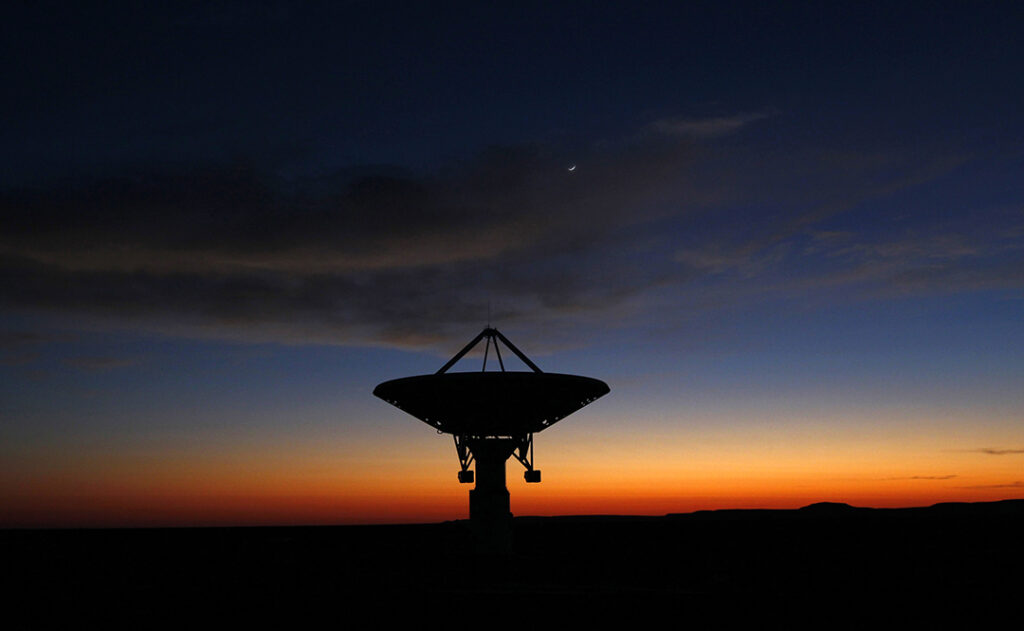ADF STAFF
The South African Air Force (SAAF) is moving forward with creating a Space Command Section (SASCS) to manage and coordinate defense-related space activities with the South African National Space Agency (SANSA).
As defenceWeb reported, the SASCS will help the air force identify and respond to threats posed by aircraft, missiles and drones, as leaders understand the increasing role of space in modern warfare. It is expected to support development across various sectors, including telecommunications, agriculture and environmental monitoring.
The space agency monitors the space environment over southern Africa, the Atlantic and Indian oceans and the South Pole.
“By leveraging these collaborations, the SAAF is positioning itself at the forefront of space capabilities, actively contributing to national development,” SAAF Chief Lt. Gen. Wiseman Mbambo said in the defenceWeb report.
According to Mbambo, officials established a Space Command Integrated Planning Team (SCIPT) comprised of skilled military personnel to spearhead the space agency.
“The SCIPT has made remarkable progress in the short period of its existence since 2022,” Mbambo said in the defenceWeb report, which did not include information on when the space command section will be fully operational.
The planning team has reached a bilateral engagement with the Italian Air Force that will focus on sharing lessons learned from the establishment of the Italian Defence Force Space Operations Command. Similar engagements with other countries are planned.
Mbambo said the space command section is part of the South African National Defence Force’s plan to help the military reach its potential.
News of progress on the space command section comes as South Africa strives to be a key player among space-faring nations — and as the space agency welcomes a new chief executive officer, Humbulani Mudau.
New SANSA Leader Eyes Future
Mudau, who took over in April, was previously chief director of space science and technology at South Africa’s Department of Science and Innovation, where he helped develop the country’s space program through policy and strategic guidance to various bodies. He replaces Valanathan Munsami, who served as CEO of the agency for five years before retiring in 2022.
Mudau also has more than 20 years of technical and management experience in space science and technology, specifically in Earth observation systems, remote sensing applications, and geospatial technologies, according to Space Watch Africa.
Mudau shared his thoughts on the agency’s future in an interview with South African website engineeringnews.co.za.
During Mudau’s first months on the job, a panel of experts conducted an institutional review of the agency.
“This report said that our structure was still relevant, so any adjustments to it, in the coming years, will be just tweaking it, not changing it,” Mudau said. “The institutional review was also very clear on two SANSA programs which should be strengthened: Earth Observation and Space Engineering.”
Mudau said he considers Earth Observation to be the agency’s core program. It provides data that helps address a range of defense, security and weather-related challenges, among others.
He also wants the space agency to market its Earth Observation services and products to leaders in major business sectors such as mining and banking to raise revenue.
As the website reported, the Space Engineering program is focused on a national satellite development program to develop, launch and operate a South African Earth Observation satellite or satellites.
Ownership of the country’s satellite assembly and test facility at Houwteq, southeast of Cape Town, is expected to be transferred from Denel, a state-owned defense equipment manufacturer, to the space agency by the end of the year.

